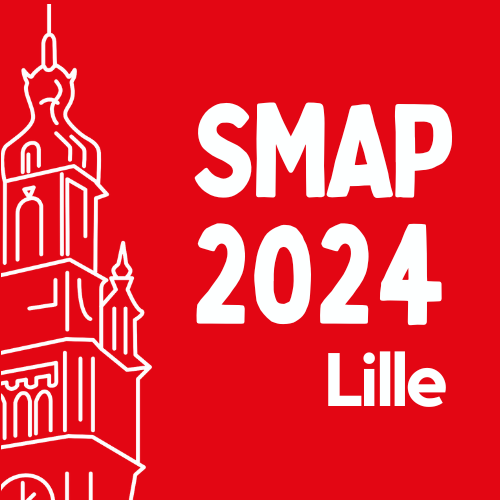
Session: Session 4
Peptidomics to Serve the Agro-Food Industry
During the transformation of agro-resources, the agro-food industries generate, among other things, significant amounts of protein-rich by-products. One means of valorising these latter consists to solubilize the proteins by proteolysis and generate functional peptides.
The study of peptides in agro-food complex matrices (dairy matrix, fish by-products, bird feathers, slaughterhouse blood, etc.) requires adapted sample preparations. To achieve this, a better evaluation of the hydrolysate composition (yields of proteins, lipids or carbohydrates) is essential. Therefore, simple techniques for characterizing the biochemical composition of hydrolysates are required in order to adapt the sample preparation (protein precipitation, delipidation, solid-phase extraction, etc.) to each hydrolysate. Subsequently, the “cleaned” hydrolysates are subjected to a bio-guided fractionation (by size-exclusion or ion-exchange chromatography), aiming to divide the cleaned hydrolysate into several fractions and evaluate the functionality (antioxidant, antimicrobial, antihypertensives, etc.) of each fraction, and finally fractionate the most active fraction(s) again by RP-HPLC and identify the peptides of the most active RP-HPLC sub-fraction(s) by peptidomics.
In this presentation, we will showcase several application examples, particularly focusing on the dairy or fish products. We will demonstrate how peptidomics participates to optimizing the formulation of commercial products by the characterization of the peptide set responsible of the functionality (such as antioxidant, antimicrobial, or antihypertensive activities); in the digestive health improve or the immune system boost.
By integrating peptidomics into the food production process or the valorisation of protein-rich by-products, the agro-food industry access to a deeper understanding of the molecular composition of their products, leading to the creation of foods that are not only nutritious but also beneficial to health.